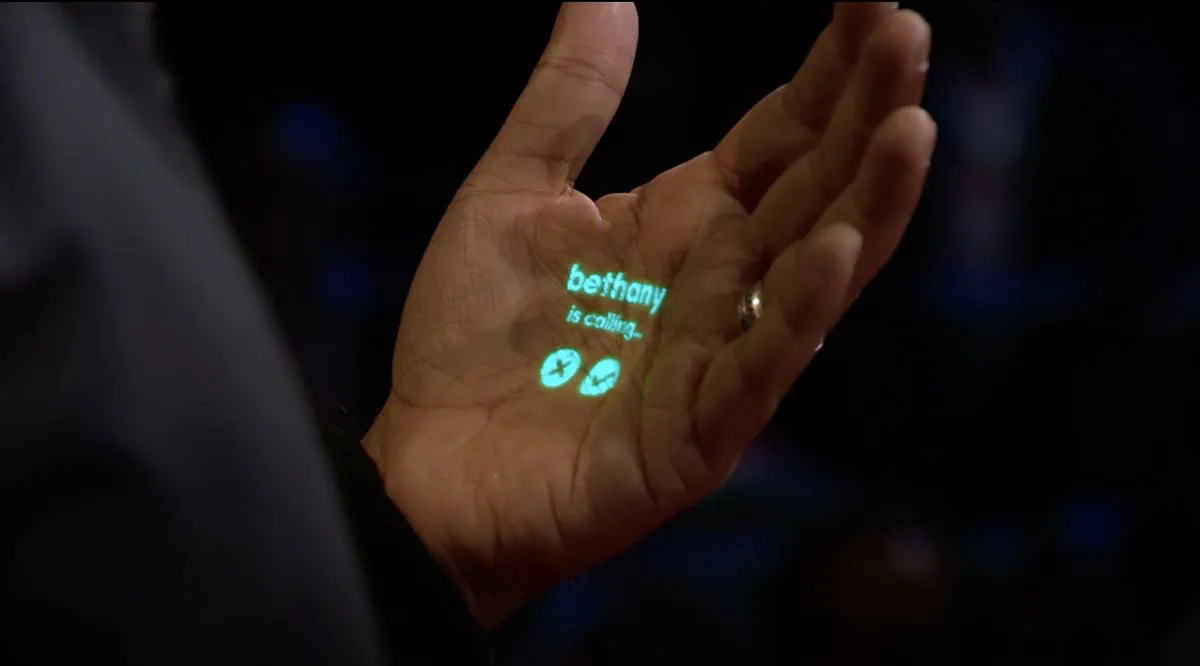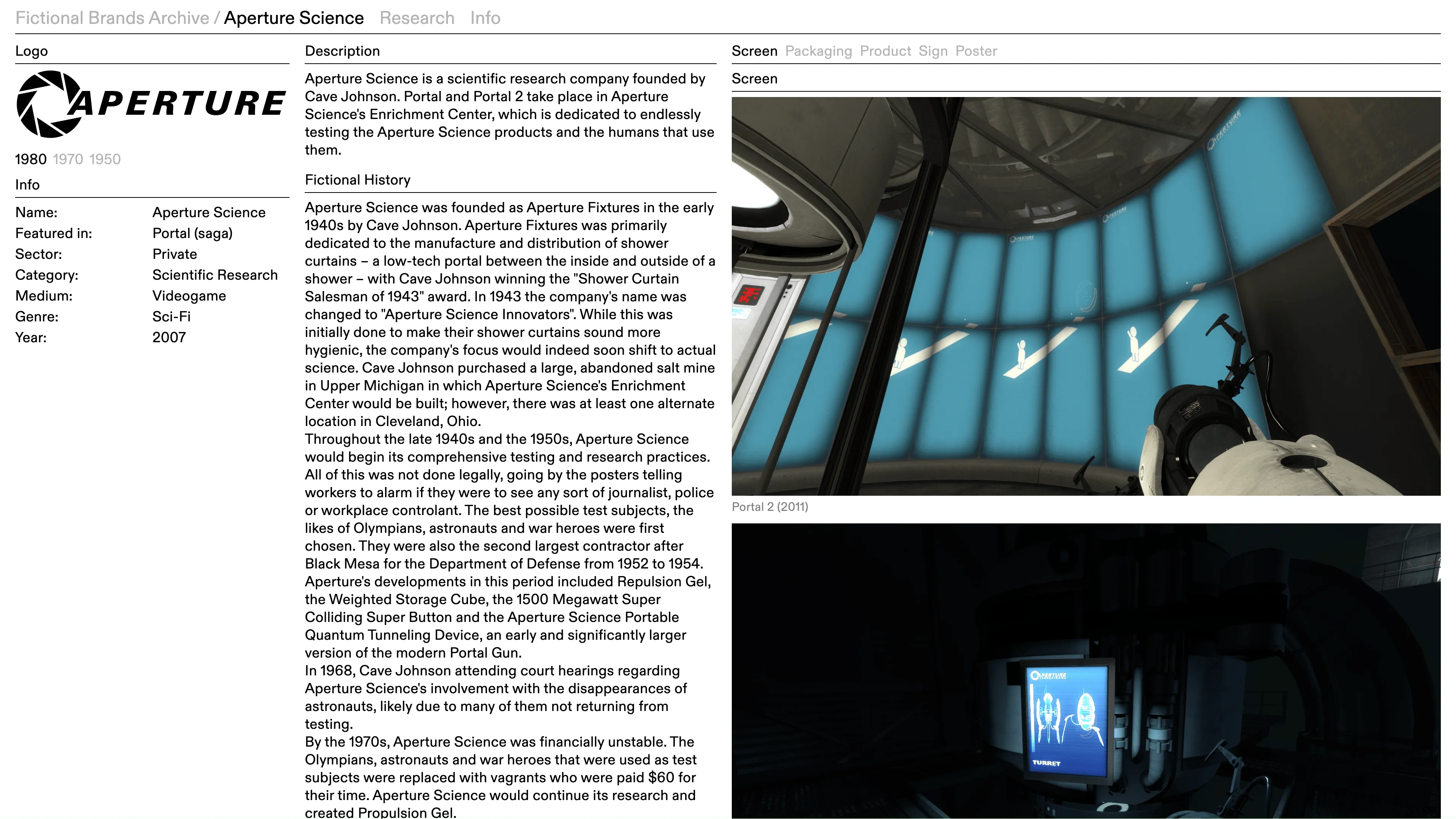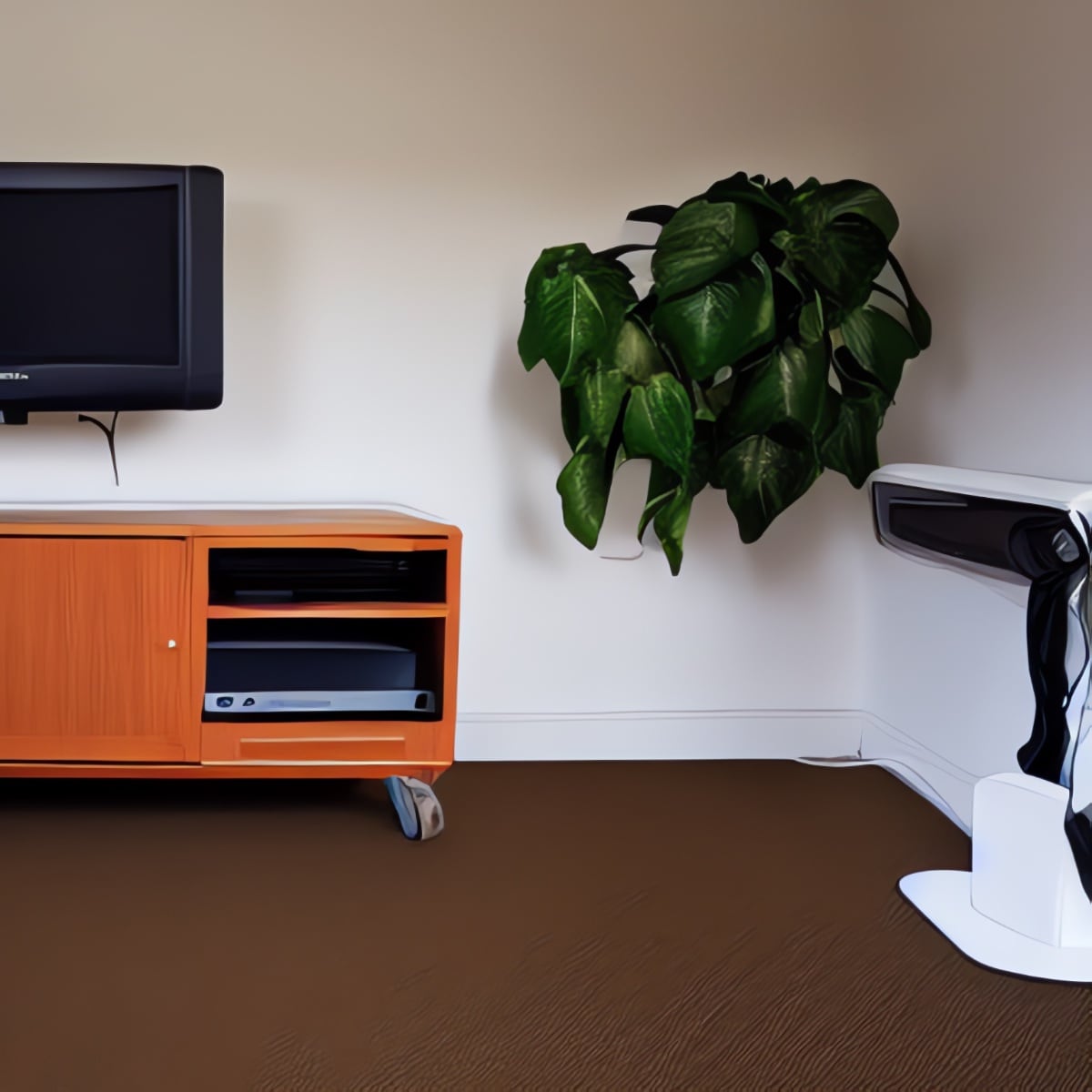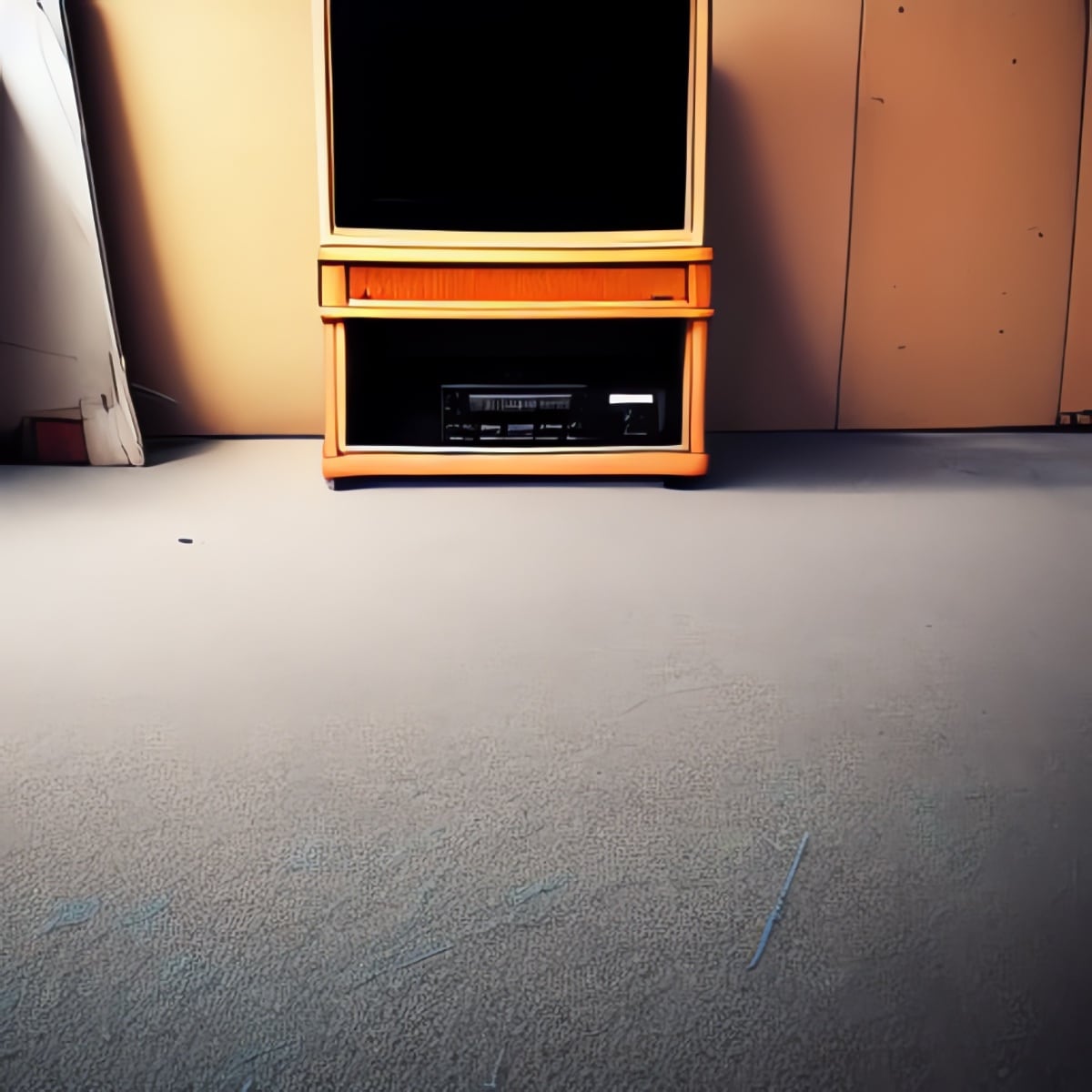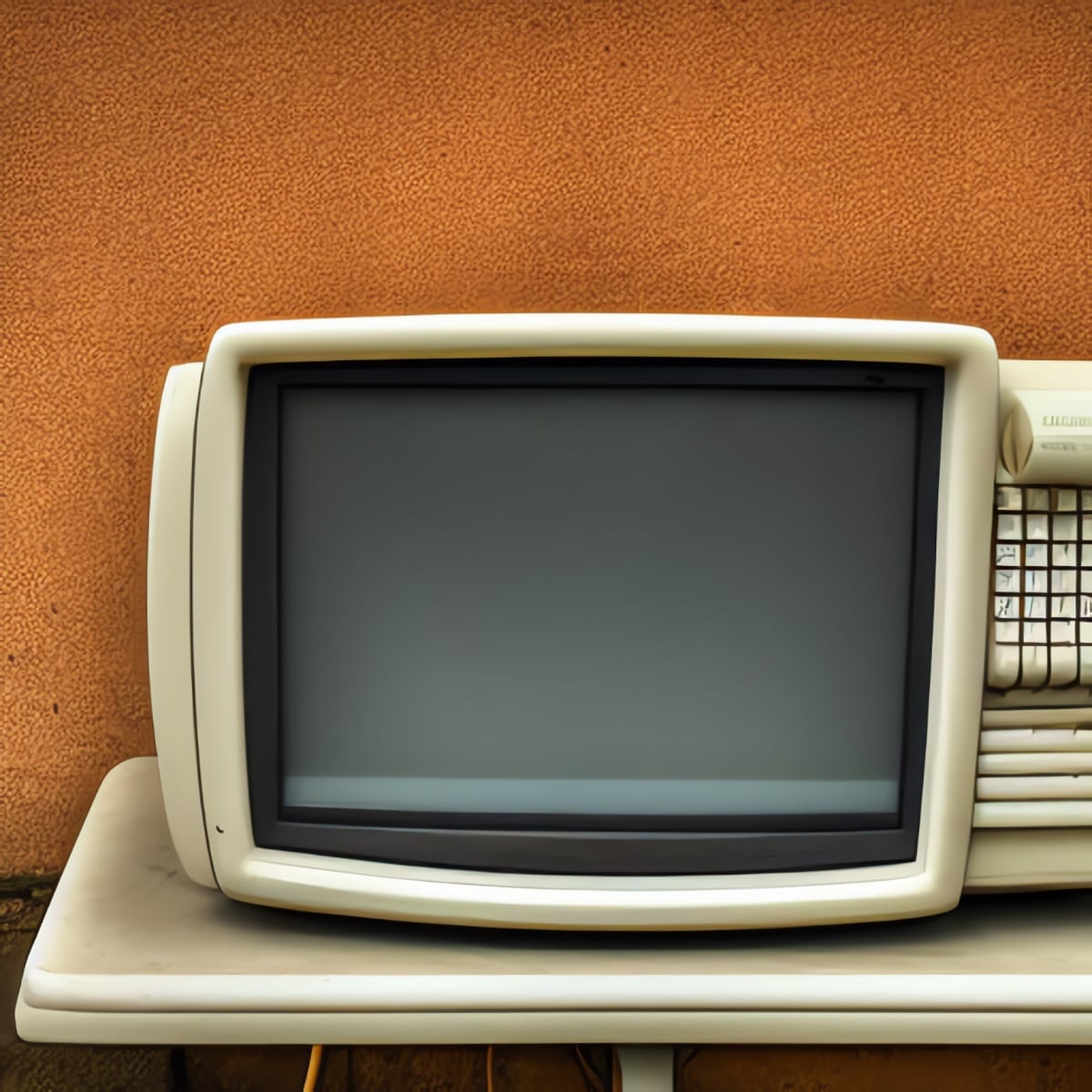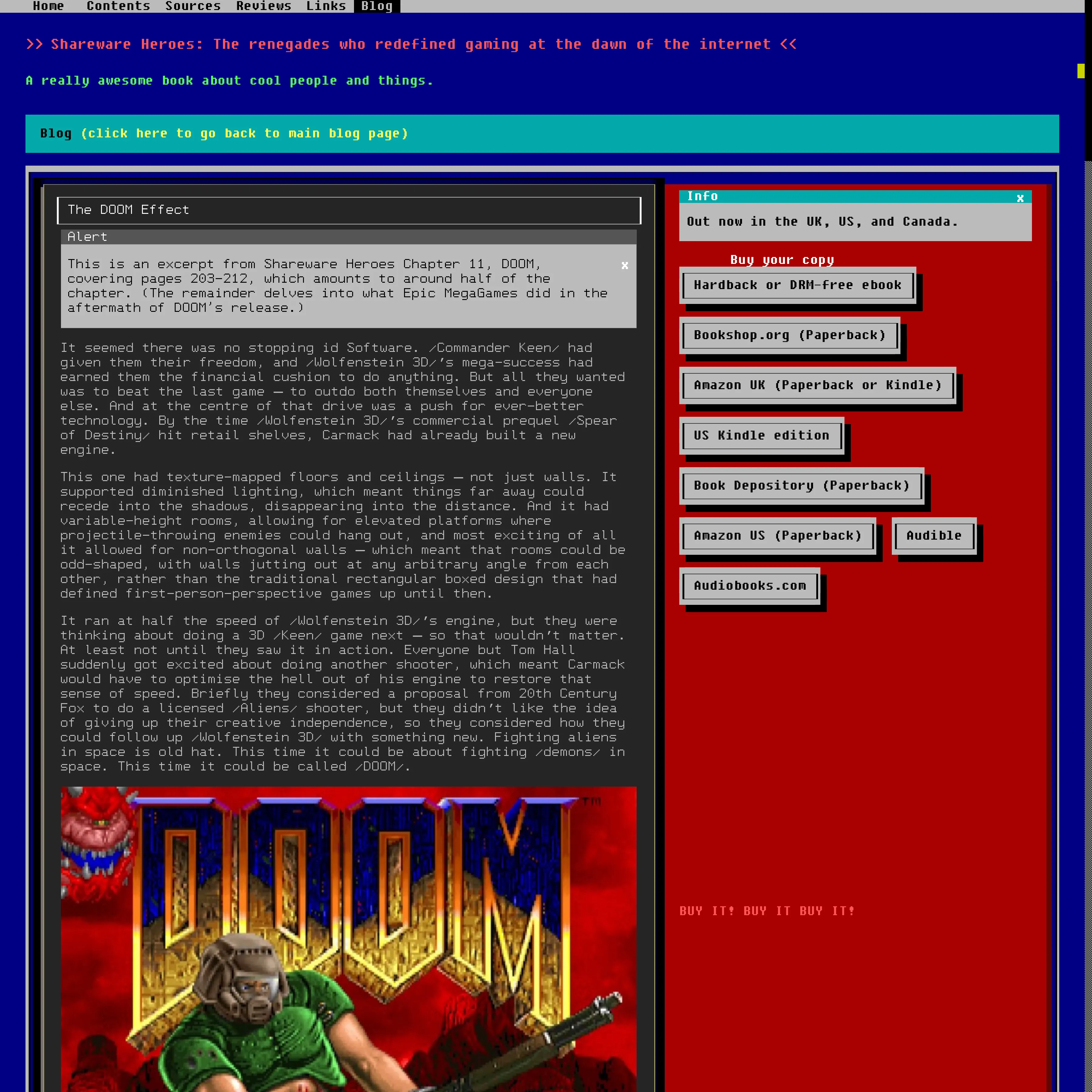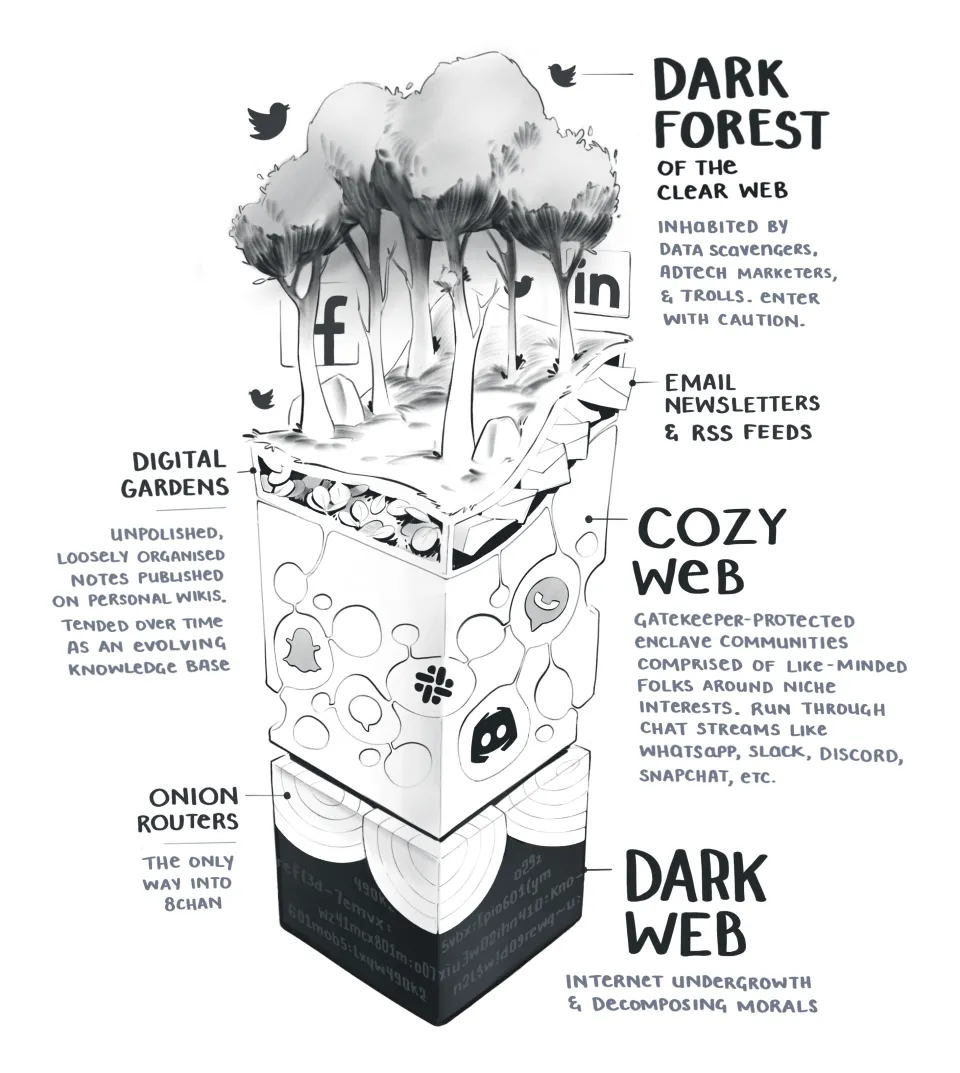Art in Microsoft Excel
adriau
evbuilds
evbuilds.xyzHumane previews AI-powered wearable
axios.comThe screenless device, which does not require a nearby cell phone to work, uses a combination of voice and gestures for input and can display information by projecting it onto nearby objects.
Fictional Brands Archive
fictionalbrandsarchive.comA Brief Compendium of Vintage Opium Underworlds
messynessychic.comSatire in the Age of Murdoch and Trump
youtube.com88 frames, 88 different locations
mcafee.design3Dfx Voodoo 2 on a Modern PC
youtube.comErika Sanada
erikasanada.comPip Blom – I Think I’m in Love
youtube.comBritish gov’t aims to kill off Companies House’s Bobby Tables problem
thestack.technologyUnfortunately, the current Companies House name rules – while covering copy-cats and offensive language – do not cover attempts to poison data inputs.
This is a problem, because dozens of websites, databases and other processors pull in details from Companies House – and not all of them are good at sanitising their data inputs, which can be poisoned simply with a name.
; DROP TABLE “COMPANIES”;– LTD
company-information.service.gov.ukThe DOOM Effect
sharewareheroes.comFree chapter from the eBook Shareware Heroes. Plus the website is amazing.
Could Ice Cream Possibly Be Good For You?
theatlantic.comCould the idea that ice cream is metabolically protective be true? It would be pretty bonkers. Still, there are at least a few points in its favor. For one, ice cream’s glycemic index, a measure of how rapidly a food boosts blood sugar, is lower than that of brown rice. “There’s this perception that ice cream is unhealthy, but it’s got fat, it’s got protein, it’s got vitamins. It’s better for you than bread,” Mozaffarian said. “Given how horrible the American diet is, it’s very possible that if somebody eats ice cream and eats less starch … it could actually protect against diabetes.”


